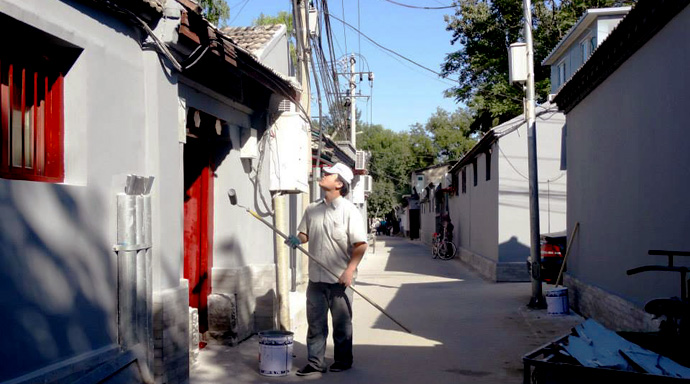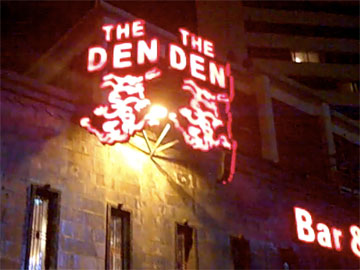Help us continue to publish original stories from China by donating!
Read our anthology
Link of the week
A new China Channel from the LA Review of Books, for Sinophiles and the Sinocurious alike
Quote of the week
“China is a big country, inhabited by many Chinese.”
– Charles de Gaulle
Ants in the hill
 |  |  |  |
 |  |  |  |
 |  |  | > See all |
Most popular antics
About us
A writers' colony of stories about China, founded by Alec Ash. We publish non-fiction sketches, fiction, poetry, translation and photography
Join the colony
If you want to write for the Anthill, check out our submission guidelines. Anything with a sense of story is game, both short and long form
Sites we like
For more treasure troves of narrative writing, fiction, photography, poetry and translation from or about China, explore other sites we like
We're a 2014 Danwei Model Worker
Shortlisted for a Golden Giraffe
Testimonials
“People fortunate enough to live in China have a front-row seat to an astonishing transformation. Alec and the crew at the Anthill have been there to give voice to their musings on China, in all its weirdness, wonder and warts."
- Kaiser Kuo
"Everyone who lives in China has a story. The Anthill colony of writers have the foresight to write theirs down for the entertainment and enlightenment of all of us engaged in putting the pieces of the China puzzle together.”
- David Moser













